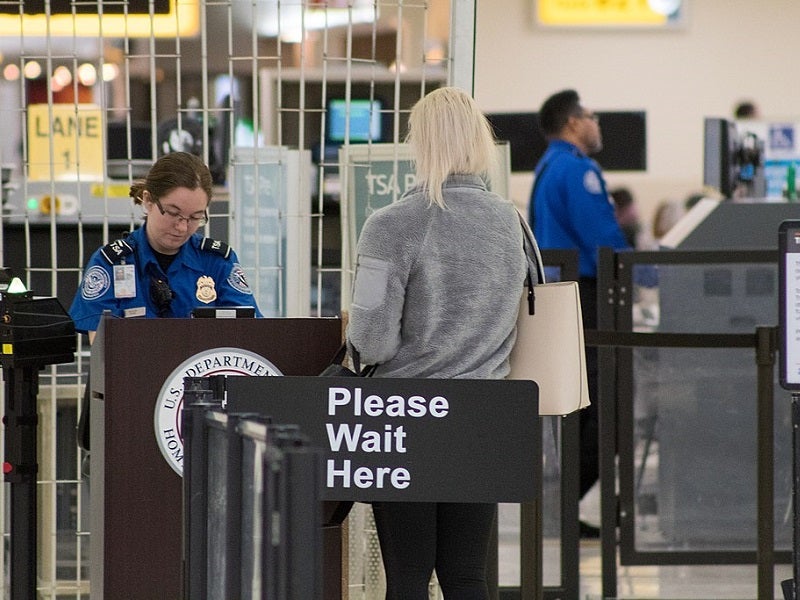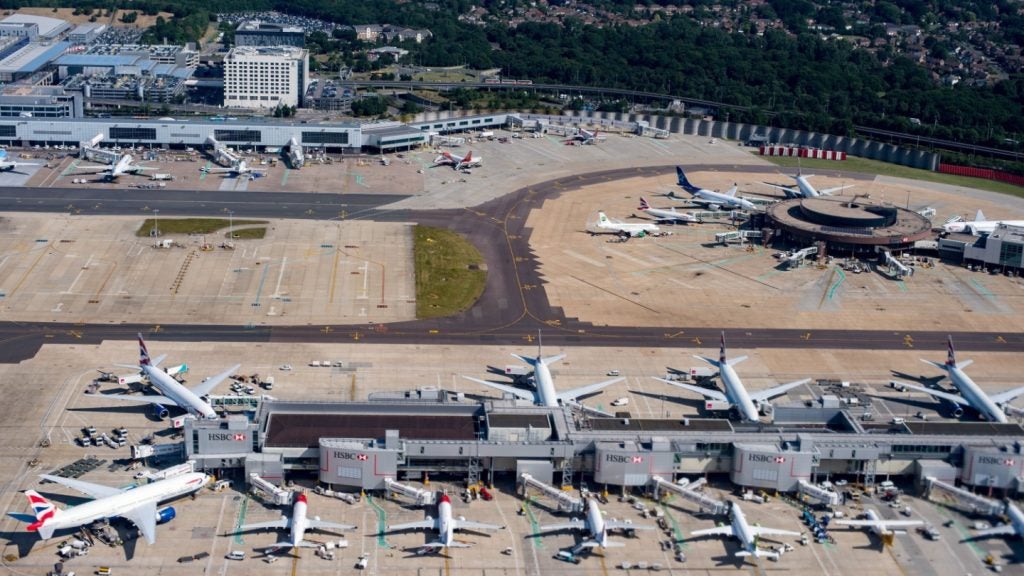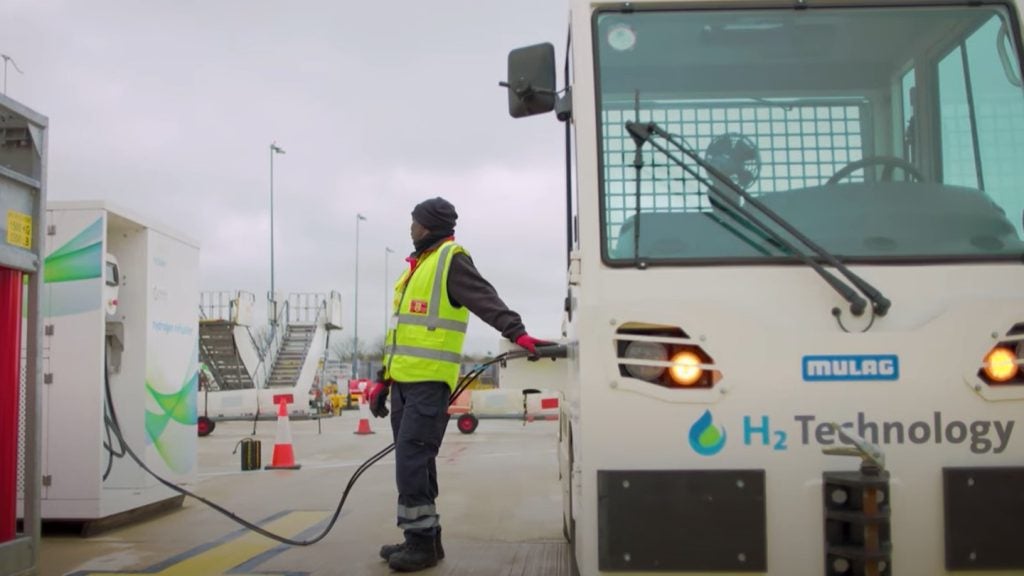
No sooner had Mohamed Khairullah alighted on the tarmac at New York’s JFK airport on August 2 than he found himself detained by US Customs and Border Protection officers.
Khairullah – who fled Syria in the early 1980s – was returning from a family holiday to Turkey. Yet, border patrol agents were suspicious, quizzing the US national over whether he had met with terrorists during his stay.
He was eventually released after two hours, although the authorities retained his phone for another two weeks. No evidence was found of Khairullah having any terrorist connections.
The story was picked by major news outlets – including the Washington Post and Time – not least for the reason that for the past 13 years Khairullah has stood as Mayor of Prospect Park, New Jersey. Previously, he had served the borough as a volunteer fireman.
Khairullah is a Muslim. That such an impressive set of community service credentials counted for so little when he touched down at JFK has understandably led to accusations that he was held solely on the basis of his religious beliefs. Speaking to reporters in September, the mayor argued that his “constitutional rights were violated”.
The incident once again raises old questions on the fairness and efficacy of profiling techniques at airports. Can profiling ever be applied without appearing to be an exercise in ethnic witch-hunting and civil liberty infringement? Or does the technique represent a vital layer of airport security?
How well do you really know your competitors?
Access the most comprehensive Company Profiles on the market, powered by GlobalData. Save hours of research. Gain competitive edge.

Thank you!
Your download email will arrive shortly
Not ready to buy yet? Download a free sample
We are confident about the unique quality of our Company Profiles. However, we want you to make the most beneficial decision for your business, so we offer a free sample that you can download by submitting the below form
By GlobalData“A few bad apples”: passenger profiling – a subjective process
“With any screening process such as customs, immigration, aviation security, community policing, there is always going to be a risk of using improper indicators such as race, nationality or gender,” says Jeff Price, an aviation security expert at the Metropolitan State University of Denver.
“And in any organisation, there will always be a few bad apples that use it in an inappropriate way. That said, profiling is still a valuable security technique and can be done in a way that avoids institutional abuses of the procedure.”
UK-based aviation security consultant Philip Baum also accepts that as a subjective security process, profiling runs the risk of being perceived as racially focussed – just as it is often argued that BAME people find themselves the target of stop and searches more than white people.
While Baum understands that such charges need to be taken seriously, he considers profiling to be a crucial bulwark in airport security.
“Airports around the world differentiate between passengers,” he says. “Only a small percentage of people are pulled aside, but they are pulled aside based on some form of differentiation. Nobody is treated the same.
“Profiling takes place at immigration and customs all the time. That’s people looking at passengers and asking themselves, Is that normal behaviour? Does this meet baseline expectations?
“We can’t say we’ve made a mistake just because we don’t find a weapon on somebody. For all we know, it’s a terrorist doing a dry run, testing the system and seeing whether they can get through.”
Ineffective technology: the pitfalls of X-ray machines and metal detectors
Baum is also dismissive of the idea that technology, whether it be X-ray machines or metal detectors, can be used alone to stop a potential terrorist in their tracks. For all the strides made in AI in recent years, there remain limitations when it comes to more subtle behavioural indicators such as sweating and shaking.
“Any system or technology that treats everybody the same is completely predictable and very easy to work around,” he says.
Baum cites the case of Anne-Marie Murphy as an example of profiling working at its best. In April 1986, Murphy, a young, pregnant Irish woman, was picked up by security personnel working for El Al, Israel’s national carrier, just as she was about to board a flight from London to Tel Aviv.
Unbeknownst to Murphy, one of her suitcases contained a bomb, placed there by her Palestinian fiancé, Nizar Hindawi, who was reported to be connected to a to Libyan terrorist cell (two years later, Libya claimed responsibility for the Lockerbie bombing).
The Hindawi affair is held up as an example of how preconceptions of what a terrorist looks like don’t always match up with real life. Subsequently, profiling still constitutes a key component of Israel’s security regime – although many visitors to Tel Aviv’s Ben Gurion airport have likened the passport control process to an interrogation. The use of the technique has also become prominent in the US and India in recent years.
Broadening horizons: the importance of training
“Active engagement is the best means of behaviour detection, but it depends on the level of engagement,” says Price.
“Using a list of scripted questions behind asked by a ticket agent is mostly just a waste of time. Using security personnel – who are more interested in security than they are in whether you fly that day or not – actively engaging individuals in a short conversation that isn’t scripted is the best way to conduct the process. That’s the way most police and customs personnel are trained.”
For Baum, successful and efficient profiling boils down to the provision of sound training programmes.
“Training at the beginning is massively important,” he says. “For instance, if the only thing airport security screeners is taught is about 9/11 and the Islamist threat to aviation, then you are going to end up with a system that unduly and illogically focuses on people because of their faith.
“In order to broaden profilers’ scope, you have to make them understand that there’s a whole host of reasons why people might do something that could have catastrophic consequences on board an aircraft. Mental health is probably the number one reason, today.”






